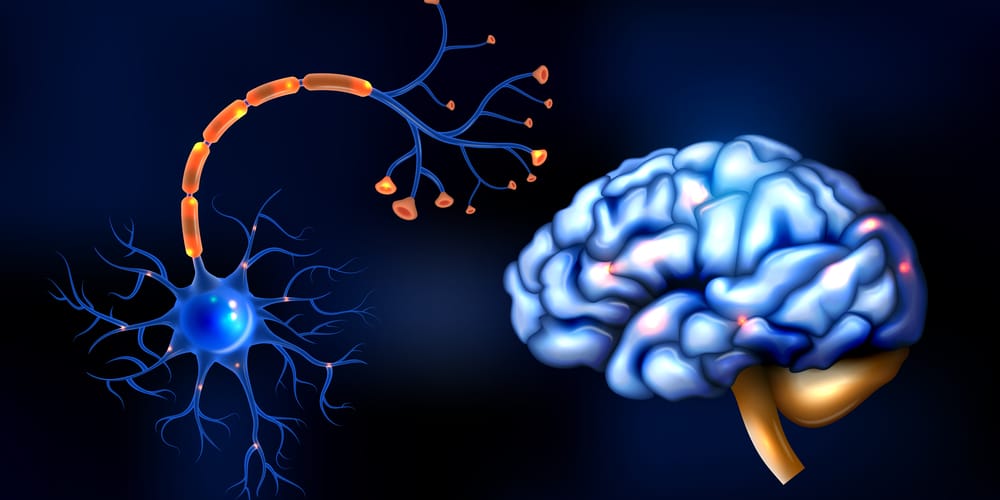Explainer: How chewing your food more can aid weight loss
Author
Author
- admin / 1 year

- 0
- 2 min read

Author
Chewing more and eating slowly stimulates the release of digestive enzymes and hormones that assist in digestion and satiety, thereby preventing overeating.
By Deepika Khurana
We know that chewing food thoroughly aids digestion. But can it also make one feel full faster and help with weight loss? Researchers have good reason to believe that this may be true.
Slow eating, studies demonstrate, has the effect of increasing diet-induced thermogenesis (DIT), which can be defined as the increase in the energy expenditure above the basal fasting level associated with the digestion, absorption, transport, metabolism, and storage of food.
“When food is chewed well, it is broken into smaller pieces, increasing its surface area and making digestion easier,” explains Dr Aparna Govil Bhasker, a bariatric and laparoscopic Surgeon at MetaHeal Laparoscopy and Bariatric Surgery Center, and Apollo Hospitals, Mumbai. When we chew, we enhance the texture of the food and mix it with saliva, which contains enzymes that begin breaking down carbohydrates.
“Chewing more and eating slowly reduces the release of hunger hormones and increases the production of hormones that promote fullness,” informs Shamika Girkar, a dietician at MetaHeal Laparoscopy and Bariatric Surgery Center, Mumbai.
Chewing releases flavour and aromatic molecules, enhancing the overall eating experience. This process also stimulates the release of digestive enzymes and hormones that aid in digestion and satiety, thereby preventing overeating.
In contrast, when food is not chewed adequately, it can disrupt the balance of bacteria in the gut and lead to gastrointestinal discomfort. “Poorly chewed food can cause bacterial overgrowth in the colon, leading to symptoms like indigestion and bloating,” informs Dr Aparna, underscoring the importance of mindful eating and taking time to chew the food properly.
For those with busy lifestyles, incorporating mindful eating practices can be challenging but beneficial. “Dedicating 15-20 minutes to meals daily can significantly improve digestion and reduce gastrointestinal discomfort,” concurs Shamika. Making a conscious effort to chew food thoroughly, even during hectic times, can contribute to better health, well-being and weight management.










